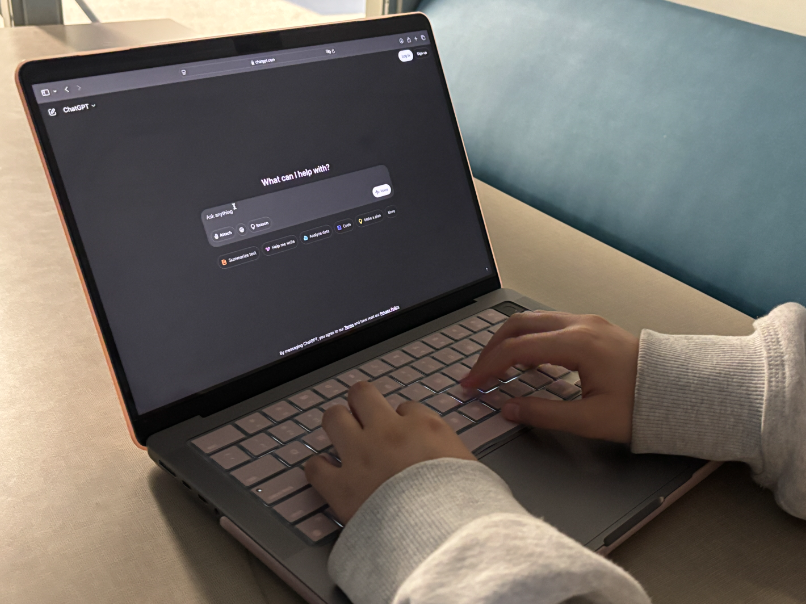The concept of fasting from dopamine, started by psychiatrist Dr. Cameron Sepah, began as a way to lessen people’s constant exposure to stimuli and control compulsive behaviors. Although controversial, more and more people have latched onto the idea that cutting out social media will “reset their dopamine levels” and increase dopamine’s rewarding effects after detoxing, with some people cutting out social interaction and entertainment altogether.
To test the alleged benefits, I undertook a dopamine fast, deleting Instagram, TikTok, Snapchat off my phone and avoided television for a week starting Sept. 8. For context, my typical phone habits consist of reaching for my phone as soon as I wake up and making excuses to stay on my devices to avoid productive tasks such as walking my dog or reading. For example, I tend to watch Netflix or YouTube while I eat to avoid boredom. I constantly feel like I am tethered to my phone and cannot go anywhere without it.
Day one of the detox was a breeze — I avoided my phone for the majority of the day and found myself more motivated to complete my work because I had fewer distractions. I was focused on my schoolwork and felt accomplished at the end of the day.
The next few days became difficult as I came to terms with the changes. I constantly picked up my phone, scrolled through it, and even found myself subconsciously watching Netflix on my laptop. Simply out of habit, I sought stimulation from technology when boredom set in.
Despite these urges, I remained motivated and productive. With fewer distractions, my days felt longer, which allowed me to complete more work and reduced my stress. I filled my free time by cleaning, organizing and going on walks, which felt far more rewarding than mindless scrolling.
By the end of the week, I noticed that while I missed my favorite shows, I hesitated to reinstall social media. I enjoyed the sense of productivity and focus I had gained and didn’t want to lose that momentum. However, I did end up redownloading the apps and felt myself “doomscrolling” again, leading me to delete them again until I felt I had the self-control to utilize them instead of abuse them. Although I do not have access to social media, I still find myself on Netflix while trying to be productive because I seek stimulation from technology.
Ultimately, this experiment made me more aware of my reliance on technology, with my average screen time lowering by five hours per day during the detox. Although the idea of a dopamine detox may be overhyped, it shifted my perspective. The true benefit wasn’t the fast itself but the mindset shift — recognizing social media as a distraction to use in moderation, not a source of entertainment.














![[DEBATES] Prestigious colleges: value or hype?](https://www.mvviewer.org/wp-content/uploads/2024/12/buildings-1200x654.png)































![[OPINION] The dark origins of TikTok's looksmaxxing trend](https://www.mvviewer.org/wp-content/uploads/2024/02/Copy-of-Copy-of-Untitled-Design-1200x675.png)










